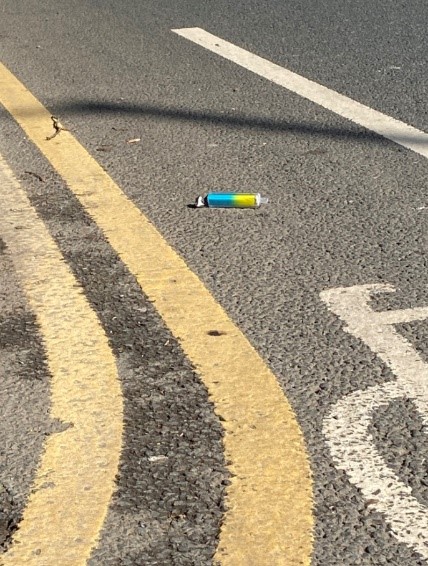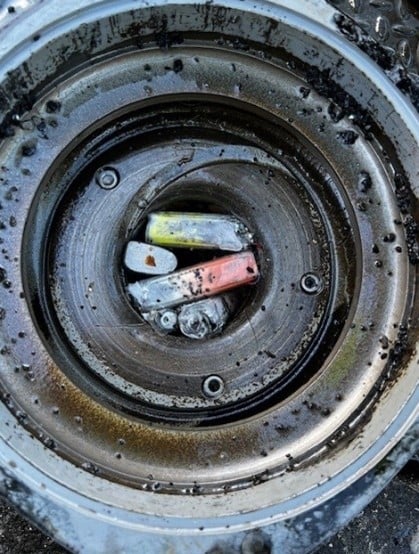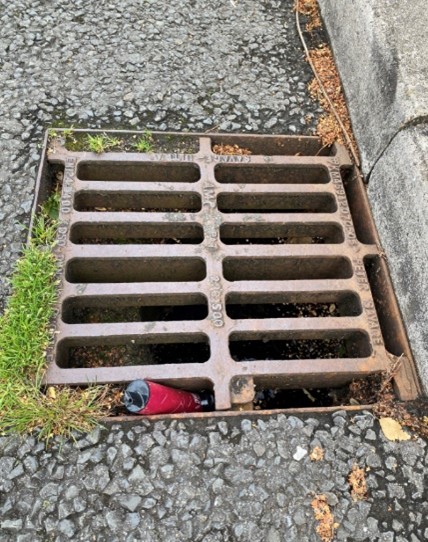Cooking oil, fats and grease can also create blockages known as ‘fatbergs’ (a congealed mass of fats, oils and bathroom rubbish) which clog up the underground sewer pipes. Blockages can lead to sewage flooding in homes, businesses and pollution in the environment.
Help us to Stop the Block!
We know a thing or two about the best ways to prevent blockages and sewer flooding. We’ve put together these hints and tips to help avoid blocked pipes and drains in your home.
How to avoid blockages in the bathroom
Only flush the 3 Ps
Pee, Poo, and (toilet) Paper
Bin wet wipes
Don't flush wet wipes, even if the packaging is labelled to say they are flushable
Bin bathroom rubbish
Put period products, cotton pads, dental floss and nappies in the bin
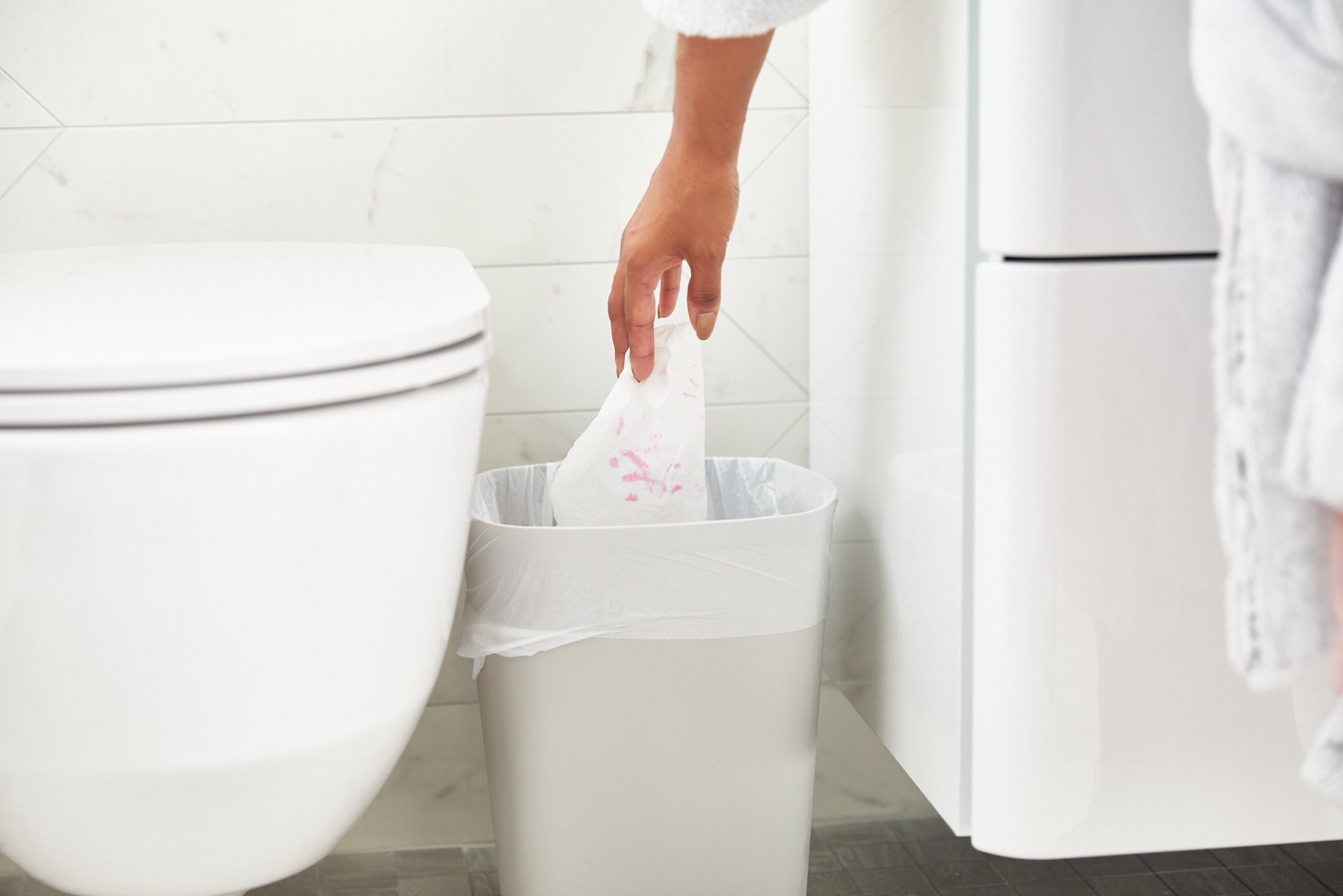
How to avoid blockages in the kitchen
Don’t pour oils down the sink
Fats, oils, and greases solidify and block drains
Do scrape cooking oils and leftover food into the bin
Wait for oils and food waste to cool and then throw them away
Use a sink strainer
Use a strainer to catch any leftover food bits going down the plughole
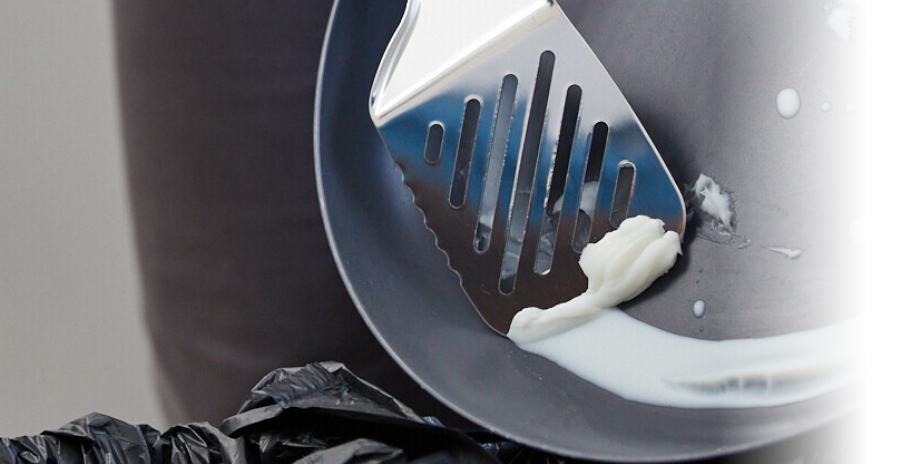
Stop the Block at your place of work
Do you work in a restaurant, cafe, take-away or hospitality business? The last thing you need is sewage flooding in your premises. Flooding, blockages and bad smells coming from drains can all be avoided by making small changes to the way you dispose of cooking fats, oils, grease and leftover food. Don’t put your business at risk of flooding or costly plumbing bills to remove blockages. Simply click the link below and find out more about how you can keep your pipes and drains blockage-free.
Preventing blockages
Monster found in Liverpool sewer!
Measuring a whopping 250 metres, this sewer monster is formed from a congealed mass of fats, grease, oil, wet wipes, period products and other products which shouldn’t have been poured down the sink or flushed down the loo.

